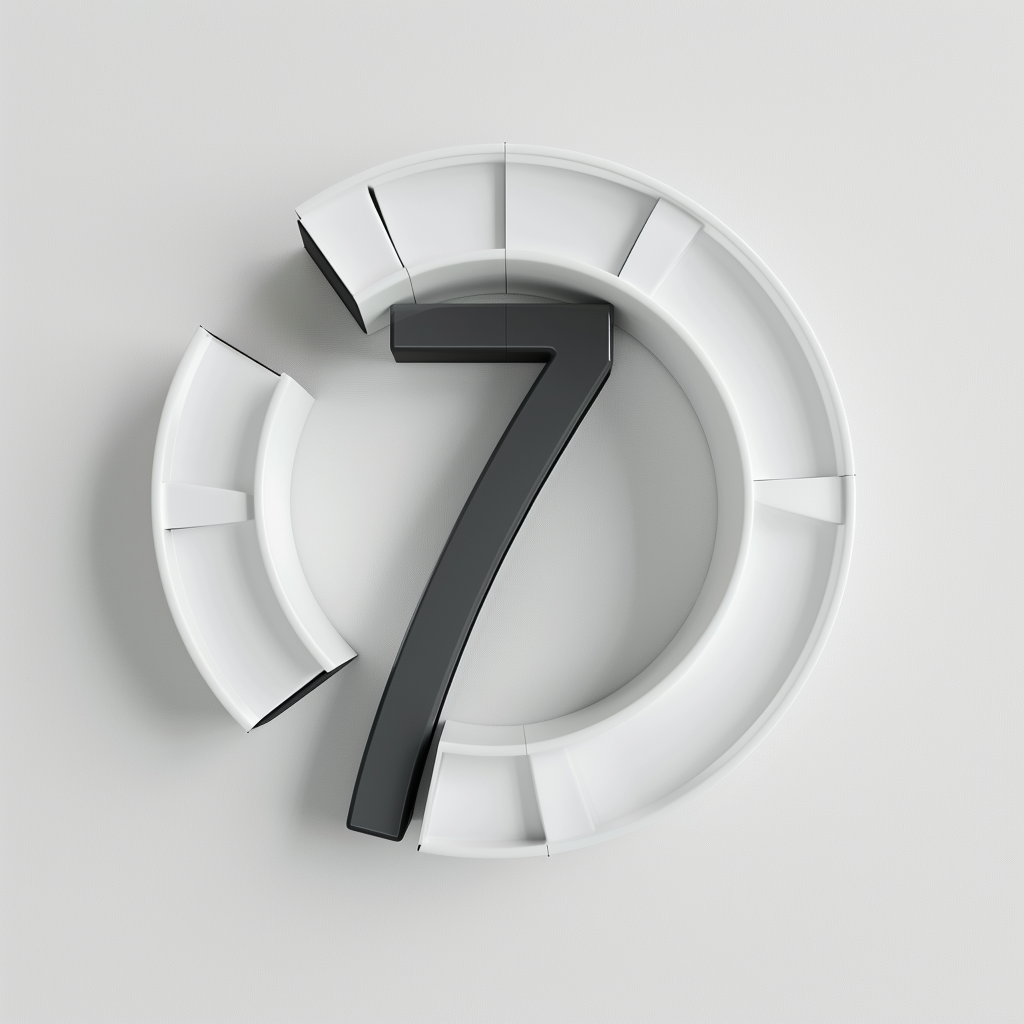
Image © Jose & MidJourney
I don’t know how many of your working corporate jobs get e-mails from the software bot telling you how much time you spend on meetings this past week, how little time you usually have for what they call “focus time”. You are probably all in some sort of improvement track in reducing meetings, meeting etiquette, meeting avoidance. That, plus emails circulating about people that some idolize demonizing meetings as the single reason why we are not all more happy and productive.
We also have a growing group of people generating pseudo-scientific messaging on the need to return to office, supported by a long list of great positive things that happen to those that do. You hear about the benefits of bumping into other at the coffee machine, the impact of serendipity and randomness on creativity and… productivity. No one says anything bad about this type of encounters, and we all know how unexpected and potentially unproductive these might be, someone the other day called these meeting killers (because you avoid meeting just by…meeting).
So, I started thinking, when is a meeting a meeting? and is there such a thing as too many meetings? I realize that the term has been abused, just like brainstorm and workshop, and while many say they spend the day in meetings, I wonder how many of them spend the day in brainstorms (more about generating ideas), and workshops (more about getting things done), and not necessarily in meetings (more about discussing issues).
I always try to prepare for good engagements, planning, detailing, orchestrating, simulating, basically ensuring we get the best result of whatever we are aiming to do. There is always a welcomed opportunity for the unexpected, and I am comfortable with Murphy popping up, but even not planning for me is an act of planning. So, I assume if you do this with meetings, you will always have good meetings, even if you have a lot of them. Many times, I feel it is really a matter of aligning expectations, if you go to a meeting and expect a decision, in the absence of one you label that as a bad meeting. So many complain about the quantity and quality of their meetings, and I wonder how much they are part of the problem and of the solution.
I realize this might all read like someone that has a lot of meetings and is defending that as a normal and healthy thing to do. True. Not only that, but my impression is also that certain jobs, and this does not align necessarily with rank, need a lot of meetings to get things done, good meetings that is. If there was a graph that plotted in X how many people you need to get something done and in Y the number of meetings, I would not be surprised to see correlation, even causation. If we expand the definition of meeting, from the formal sit down in front of a camera to encounters at the coffee machine or in the corridor, we probably realize we need meetings and should enjoy planning, executing, living them. Saying to yourself you had a day of meetings and got nothing done doesn’t help, believing that because you had so many meetings you didn’t get any work done might also be a fallacy. For me, doing a lot of meetings is hard work, before/ during/ after, and meetings are a part of getting things done.